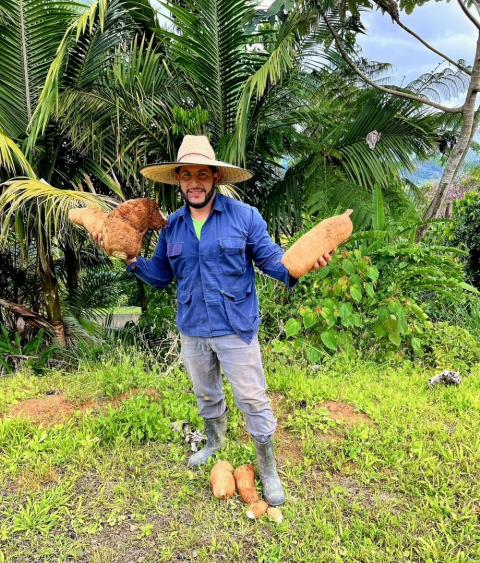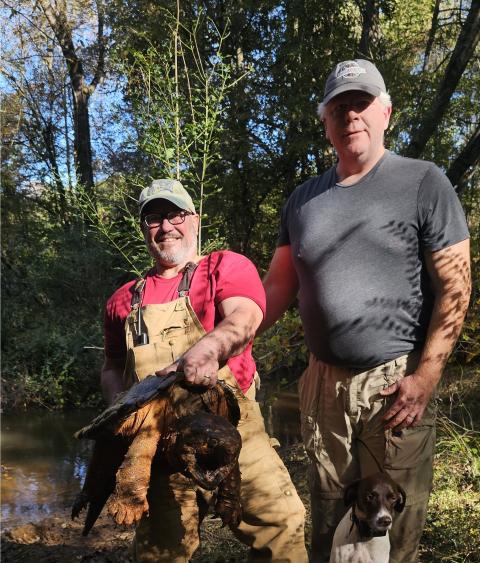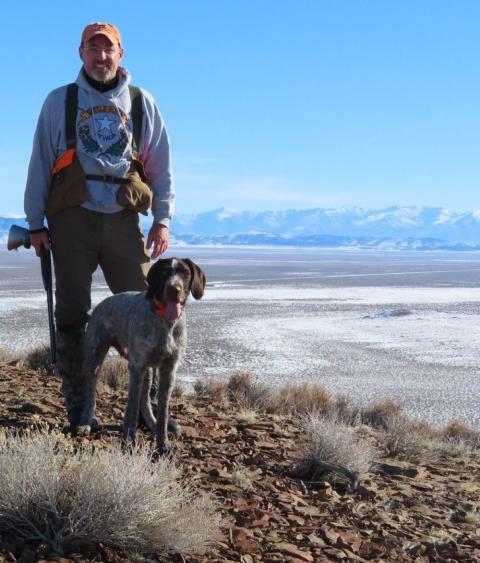Conservation Brief
Department of Transportation Releases Notice of Funding Opportunity for Wildlife Crossings Pilot Program
On April 4, the Department of Transportation launched a pilot program, authorized under the Infrastructure Investment and Jobs Act of 2021, for the Federal Highway Administration to support projects that will reduce wildlife vehicle collisions. There are more than 1 million wildlife vehicle collisions every year in the U.S. that cost over $8 billion and cause an average of 200 human fatalities, hundreds of thousands of human injuries, and significant wildlife mortality. The new Wildlife Crossings Program was previewed in late March during the White House Conservation in Action Summit.
“Every year, Americans are injured and killed in crashes involving cars and wildlife,” said U.S. Transportation Secretary Pete Buttigieg, who announced the program during a tour of a highway culvert on the Santa Ana Pueblo in New Mexico that is in need of improvement for wildlife use. “By launching the Wildlife Crossings Pilot Program, we are taking an important step to prevent deadly crashes in communities across the country and make America’s roadways safer for everyone who uses them.”
The program is authorized at $350 million over five years and the Department will be making more than $111 million available through grants under the current Notice of Funding Opportunity that closes on August 1, 2023. Projects will support the National Roadway Safety Strategy finalized in January 2022 that aims to improve overall safety of roadways and reduce the economic costs of wildlife vehicle collisions while also maintaining wildlife habitat connectivity. Eligible applicants include state departments of transportation, metropolitan planning organizations (MPOs), local governments, regional transportation authorities, special purpose districts, public authorities with a transportation function, Indian tribes, and Federal land management agencies (FLMAs) that are proposing projects to reduce wildlife vehicle collisions and improve habitat connectivity for terrestrial and aquatic species.
“There are proven practices to prevent crashes between vehicles and wildlife, and with this investment, we’re going to take commonsense steps to reduce collisions and make roads safer for rural and urban communities alike,” Federal Highway Administrator Shailen Bhatt said. “Thanks to the Bipartisan Infrastructure Law, communities that may not previously have had access to funding for these critical projects can finally make roads safer while protecting wildlife and their movement corridors.”



